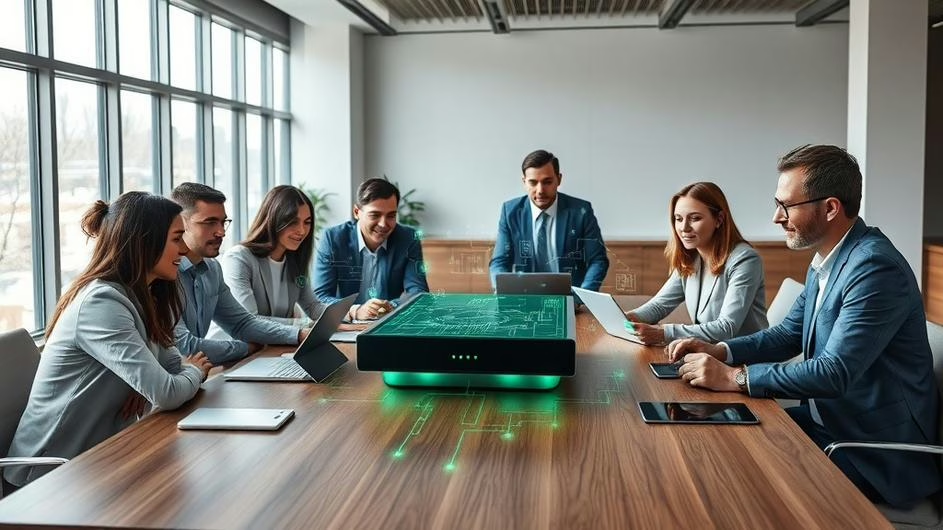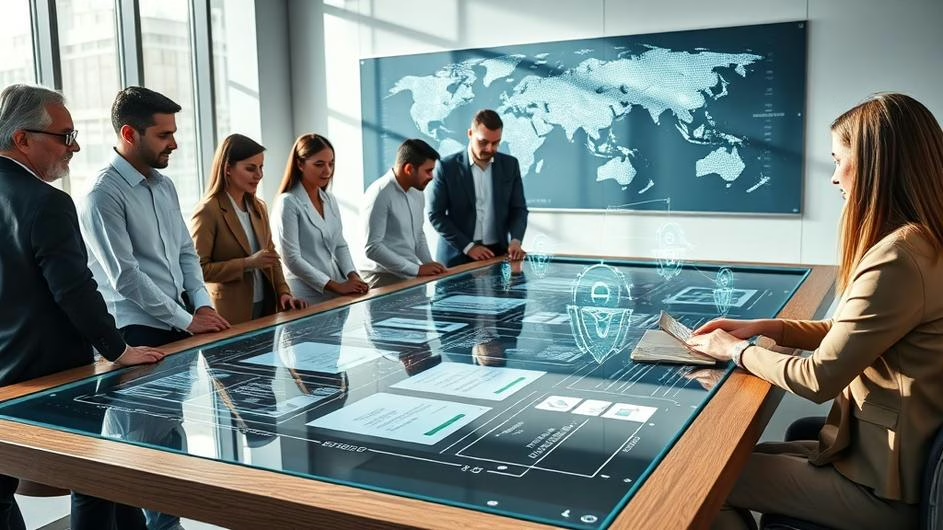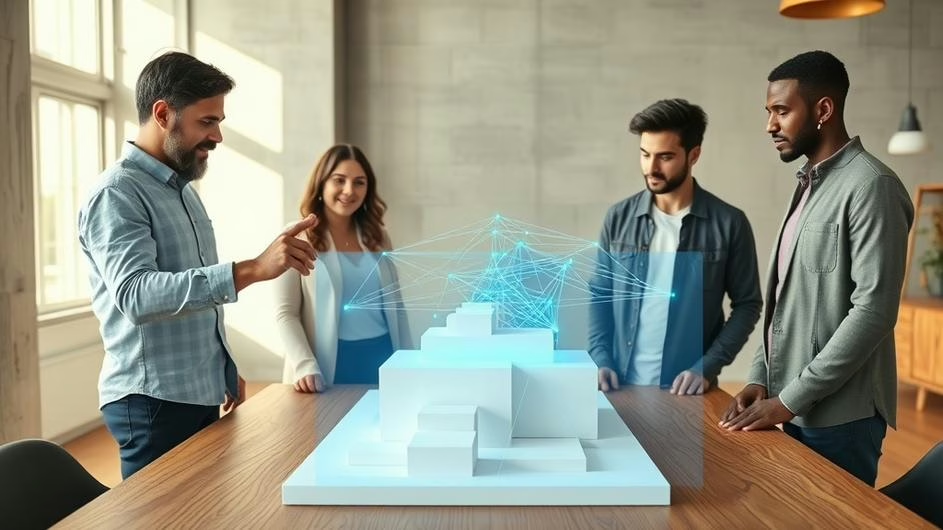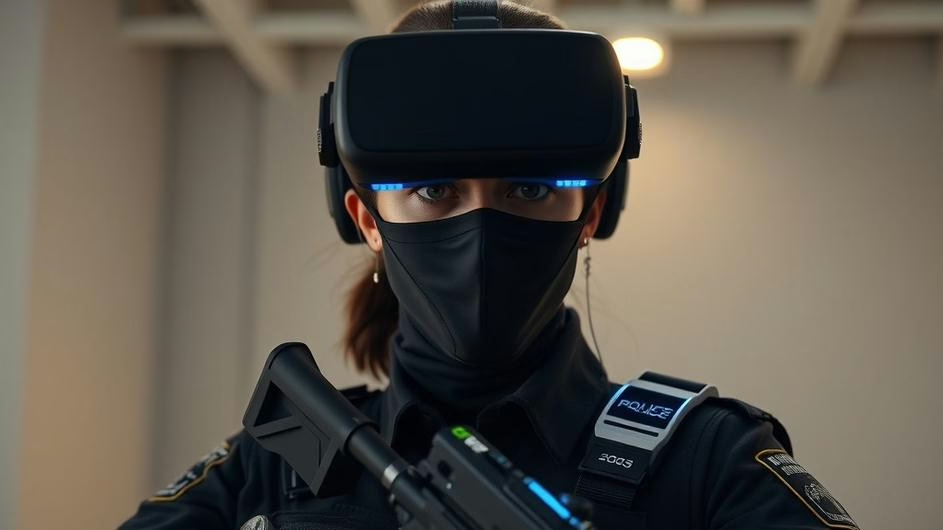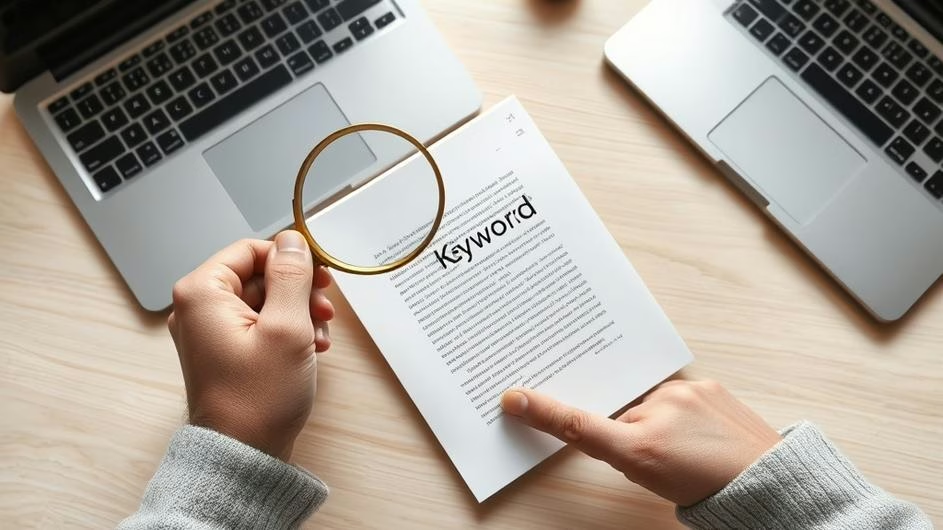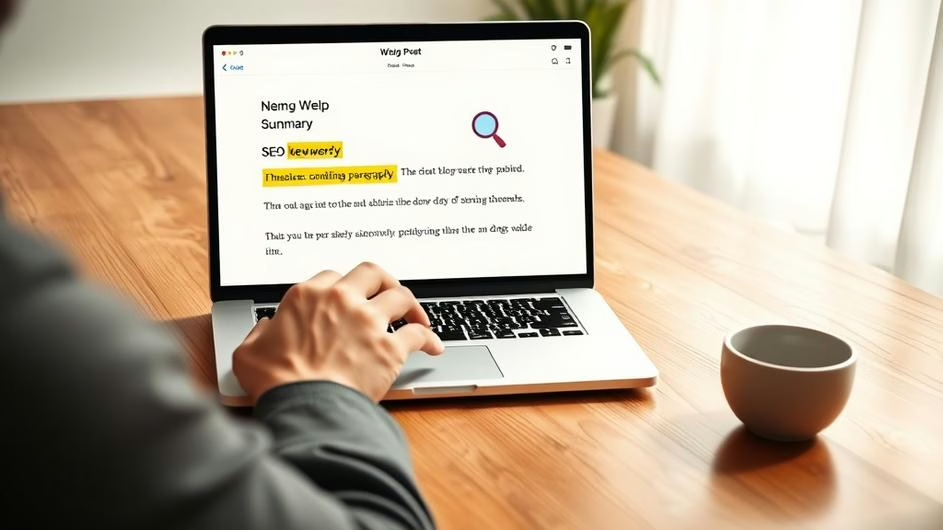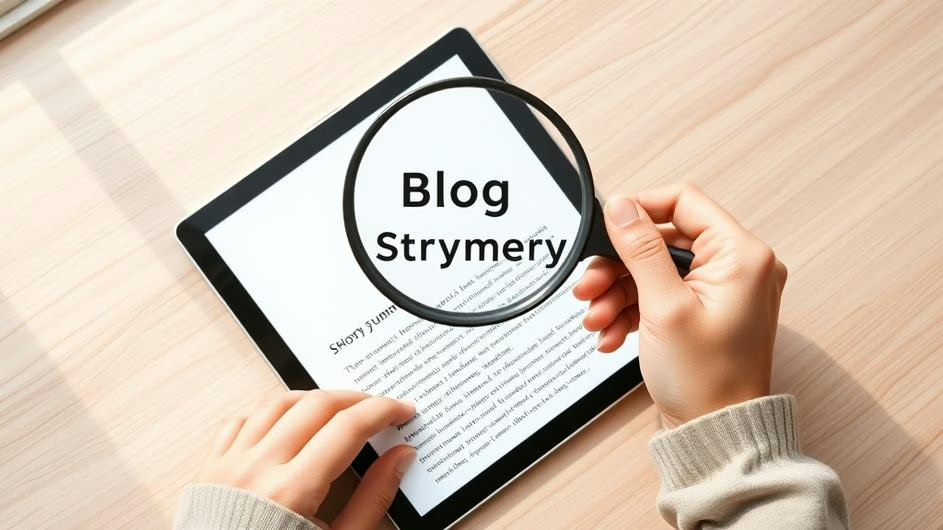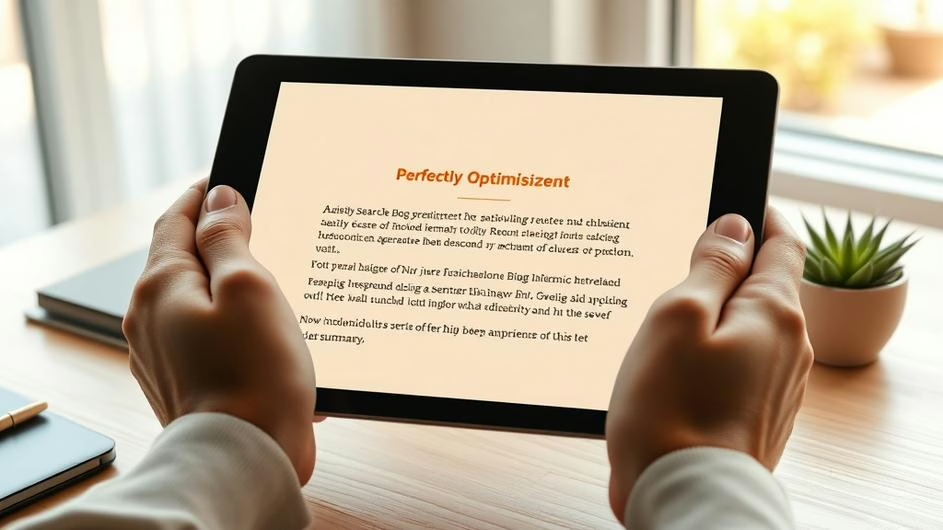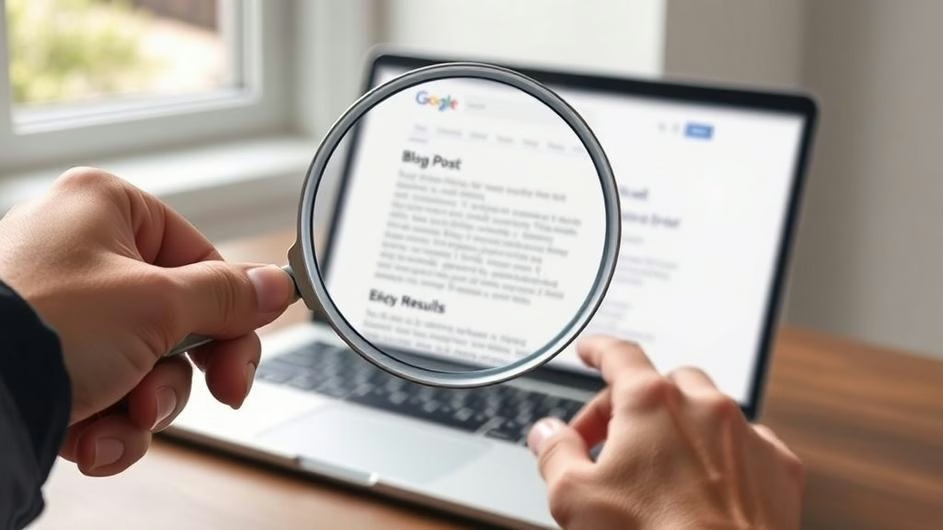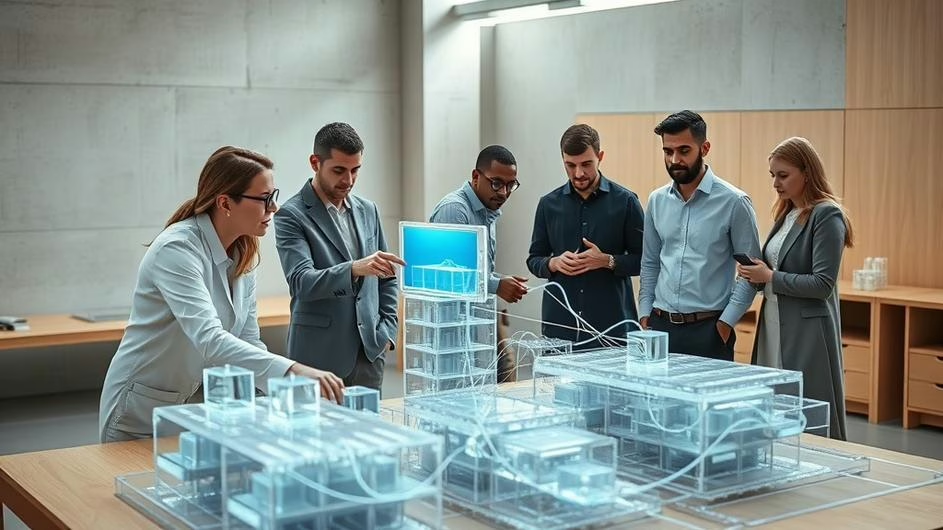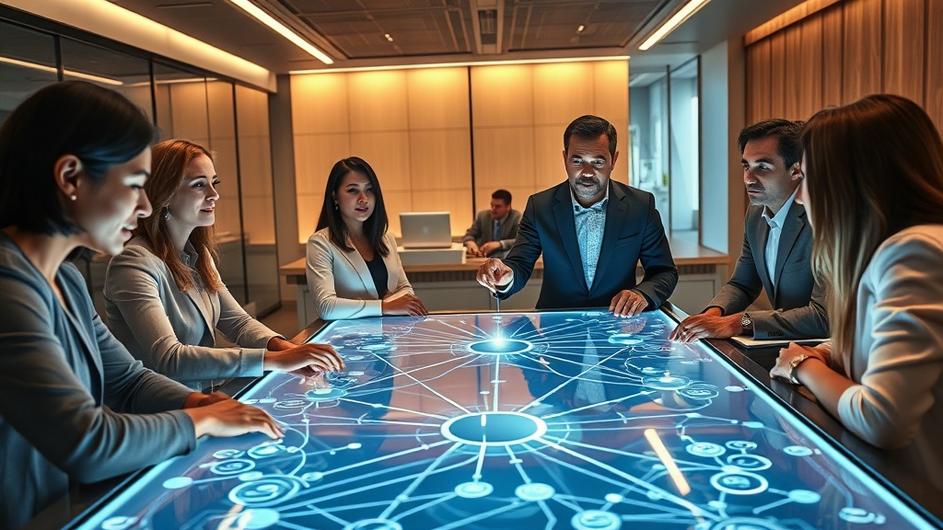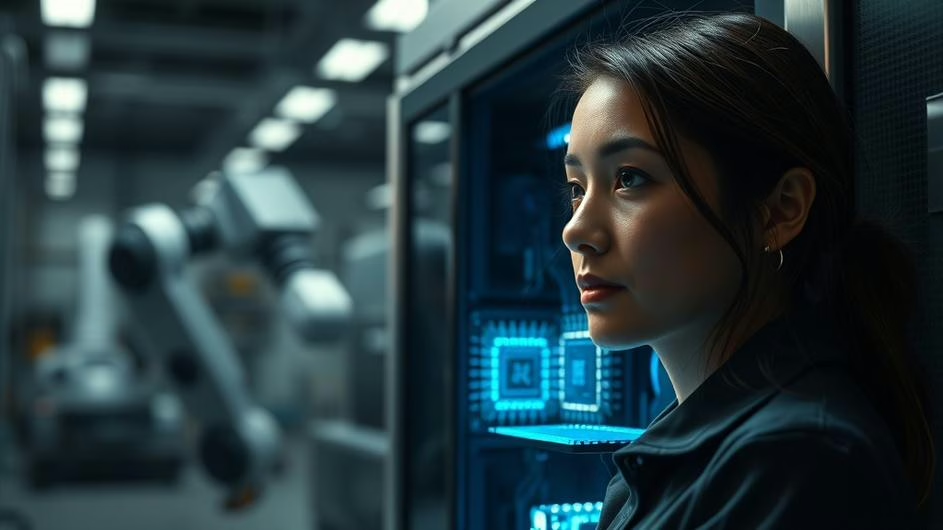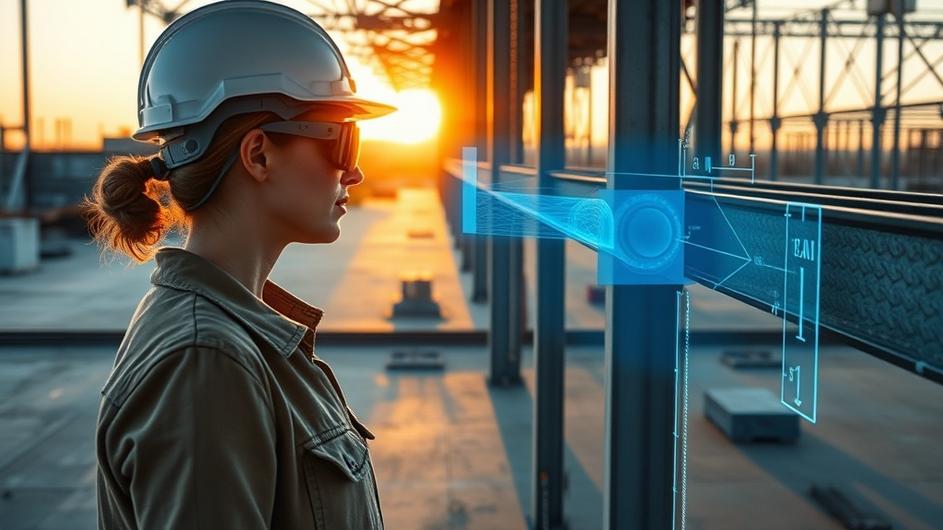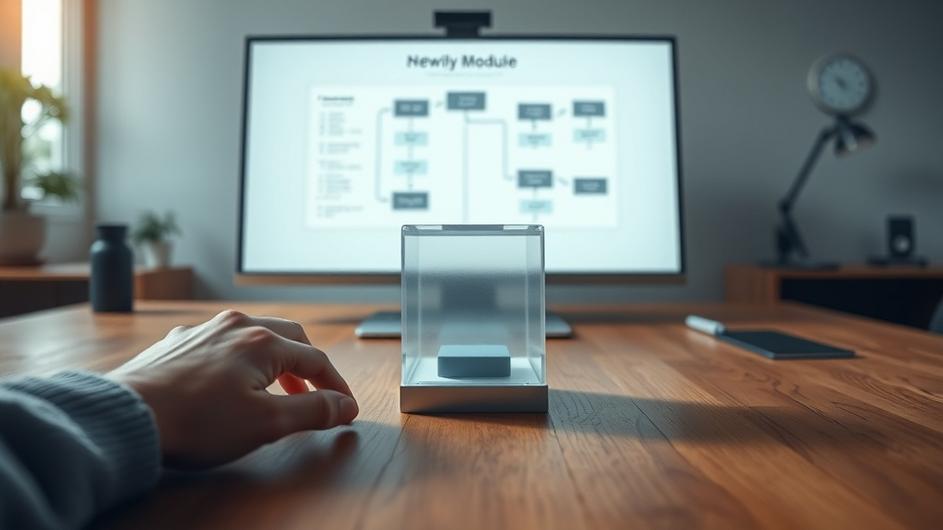
Reimagining Connectivity: How the Model Context Protocol Is Ushering in AI’s Next Distribution Revolution
We’re witnessing something pretty remarkable happen in the AI world right now. While everyone’s been talking about ChatGPT and Claude, there’s a quieter revolution brewing in the background that could change everything about how AI systems work with business tools. It’s called the Model Context Protocol (MCP), and honestly, it’s about time.
Think about it. How many times have you tried to get different software systems to talk to each other, only to hit a wall of incompatible APIs and custom integrations? It’s frustrating. MCP is stepping in to solve this mess by creating what’s essentially a universal translator for AI systems and enterprise platforms.
The Universal Connector We’ve Been Waiting For
Here’s what makes MCP different. Instead of every company building separate integrations for each AI platform (which is expensive and time-consuming), they can now deploy a single MCP server. Picture this: your AI assistant can directly access your hotel booking system, banking platform, or project management tools without needing dozens of custom plugins.
The technology works by creating a standardized way for AI agents like Claude to communicate with external systems. It’s like giving every AI the same set of tools to work with, regardless of what platform they’re running on.
What’s really exciting is how this changes the user experience. Instead of jumping between different apps and manually copying data, you can have natural conversations with AI that pulls real-time information from multiple sources. The AI understands context in ways that traditional integrations simply can’t match.
Hotels Are Getting Smart About Bookings
The hospitality industry has been dealing with integration headaches for years. Hotels typically juggle multiple systems: booking engines, customer relationship platforms, property management software, and global distribution networks. Getting these to work together? It’s been a nightmare.
MCP is changing the game for hotel distribution by letting AI assistants connect directly to booking systems. When someone asks ChatGPT about hotel availability, the AI can now pull real-time rates and room availability without going through multiple API layers.
But let’s be realistic here. The travel industry isn’t exactly known for rapid technology adoption. While the potential is huge, success depends on major players like central reservation systems and booking engines making the switch. That’s always the challenge with new standards – you need critical mass for it to work.
Banking Gets Personal with AI
The financial sector is moving fast on this. Grasshopper Bank’s partnership with Narmi shows what’s possible when MCP meets banking technology.
Their business banking clients can now interact with Anthropic’s Claude AI to get personalized financial analysis. We’re talking about AI that can pull account data, analyze spending patterns, and answer complex business questions in real-time. No more waiting for monthly reports or struggling with clunky dashboards.
Grasshopper is currently running this in beta, with plans for broader rollout by year-end. They’re positioning themselves as the first US financial institution to operationalize MCP, which is pretty significant. Similar fintech partnerships are emerging globally, including innovative implementations in markets like Cambodia where new card technologies are being deployed.
The implications go beyond just convenience. When AI can securely access financial data and provide contextual insights, it opens doors for smarter business decisions and more adaptive banking services.

Developers Finally Getting Some Relief
If you’ve ever worked in software development, you know the pain of context switching. Research shows developers get interrupted up to 1,200 times per day. That’s insane when you think about it.
MCP is proving especially valuable in development workflows. Vibe coding approaches combined with MCP integrations are showing real results.
Riot Games provides a perfect example. They connected over a thousand daily-used Slack apps with their development workflows through MCP. The results speak for themselves: 27% faster code testing, 22% quicker bug identification, and 24% improvement in feature deployment speed.
These aren’t marginal gains. We’re talking about significant productivity boosts that directly impact how teams ship software. The key is that MCP acts as an intelligent bridge, letting AI agents pull and synthesize information from multiple sources without the usual integration complexity.
There’s a catch though. Too many simultaneous MCP connections can create new complications. Teams need to be thoughtful about orchestration, or they’ll just trade one set of problems for another.
Security Concerns Are Real
Here’s where things get tricky. As AI systems become more integrated with business processes through MCP, we’re seeing new security challenges emerge. Researchers recently discovered an attack method that hides malicious instructions inside downscaled images.
This is particularly concerning for cybersecurity teams because the attack works with tools like Zapier’s MCP integrations. Hackers can potentially extract sensitive data like calendar entries without detection. The attack requires fine-tuning for different language models, which shows how the rapidly evolving AI stack creates new vulnerabilities.
The defensive measures are evolving too. Limiting image upload dimensions is one immediate fix, but the broader lesson is clear: MCP’s flexibility comes with the need for robust security guardrails and constant vigilance.
What’s Coming Next
MCP represents a fundamental shift from isolated AI experiments to interconnected business ecosystems. We’re moving toward a future where AI assistants don’t just answer questions but actively orchestrate complex workflows across departments and external systems.
The trajectory is clear. As MCP reaches maturity and gains wider adoption, AI will move beyond simple query responses. These systems will anticipate business needs, automate cross-platform processes, and fundamentally change how organizations operate.
Companies investing in understanding and implementing MCP now are positioning themselves for the next wave of digital transformation. The technology promises faster innovation, more personalized experiences, and significant cost savings. But success will require new approaches to governance, security, and inter-organizational cooperation.
The question isn’t whether this interconnected future will arrive, but how quickly businesses can adapt to take advantage of it. MCP is laying the groundwork for that future, one integration at a time.
Sources
-
“Hotel Distribution 2.0: What the Model Context Protocol (MCP) means for hotel bookings.” Hospitality Net, August 28, 2025.
-
“Top five fintech partnership stories from August 2025.” FinTech Futures, August 27, 2025.
-
“Grasshopper partners Narmi for MCP server integration.” FinTech Futures, August 25, 2025.
-
“Developers lose focus 1,200 times a day, how MCP could change that.” VentureBeat, August 24, 2025.
-
“New AI attack hides data-theft prompts in downscaled images.” BleepingComputer, August 25, 2025.













































